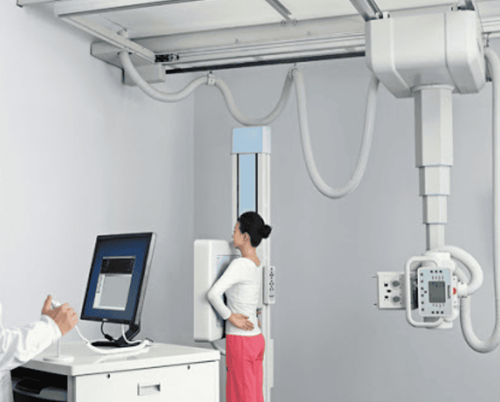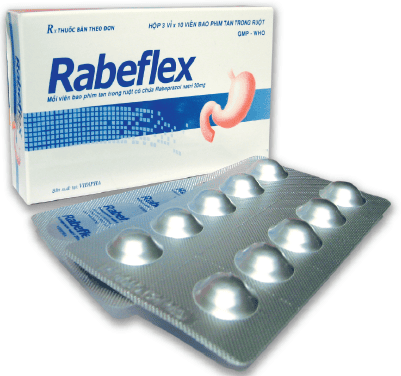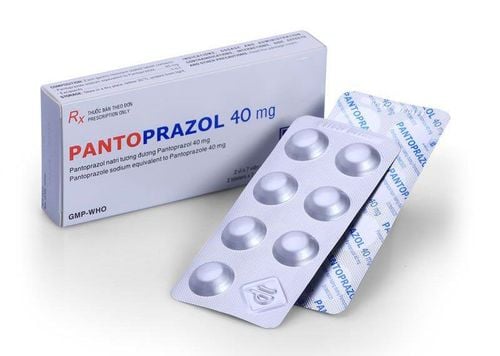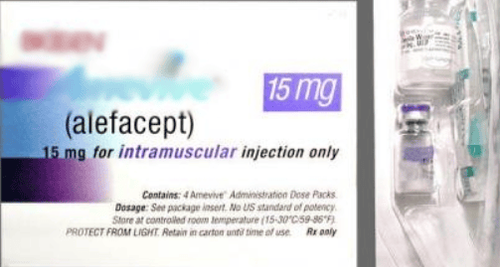This is an automatically translated article.
Diarrhea of the esophagus is a very little known condition. People with esophageal septum often cannot eat large foods or solid foods, but mainly eat liquids and drink water. The inability to eat can put patients at increased risk of malnutrition as well as other diseases.
1. What is esophageal septal disease?
Esophageal diaphragm is a very rare disease, currently there is still a lot of controversy about the terminology to describe this disease as well as the methods of diagnosis and treatment. Many physicians use the term esophageal ring, but some also use the term esophageal septum to describe pathology. The disease has no typical symptoms, but if the esophageal ring is too narrow, it can make it difficult for the patient to swallow and cause choking.
Esophageal membrane is a concentric, smooth and thin membrane, 3-5 mm in size. The expansion process of normal esophageal tissue is affected by 3 layers, namely the mucosal layer, the submucosa layer, and the muscular layer. The septum can appear anywhere in the esophagus but is mainly found in the lower esophagus.
Diarrhea is classified into 3 types according to the letters A, B and C:
Membrane A: This is the least common type, appearing at the junction between the esophagus and the stomach. People with membrane A rarely show any symptoms. Membrane B (also known as Schatzki ring): The most common type of ring, the structure of the ring consists of the mucosa and submucosa. Usually occurs at the junction between the esophagus and the stomach (Z line), most patients in this case are asymptomatic. Membrane C: Is an abnormality in anatomy, detected by X-ray method.

Màng C là loại bệnh lý màng ngăn thực quản bất thường trong giải phẫu, phát hiện bằng phương pháp chụp X-quang
2. Causes of esophageal septal disease
Currently, the cause of this pathology is still the subject of much controversy. Some studies indicate that the cause of esophageal diaphragm disease is:
Congenital: Due to the abnormal development of the embryo, the esophageal canal is incomplete. However, symptoms appear when the patient is over 40 years old. For children, an X-ray of the esophagus that shows Baryt is usually directed towards membrane B. But most children are usually asymptomatic, so this method is rarely indicated. Iron deficiency: The association between esophageal septal disease and iron deficiency is still being studied. Inflammatory: This can be detected by biopsy of the esophageal diaphragm. Autoimmune: Can include thyroid diseases, rheumatoid arthritis, psoriasis, ...
3. Some symptoms of esophageal diaphragm disease
Difficulty swallowing is more common with solid foods than with liquids. The symptoms that occur are often the opposite of achalasia or other esophageal motility disorders. Dysphagia does not appear continuously, but sometimes it does not, lasting many years, even months.
Patients 40 years of age and older often have more pronounced symptoms and a higher incidence. This is due to the poor ability to chew and swallow food.
4. Treatment of esophageal septum disease
For asymptomatic cases that do not require treatment. Tests to evaluate for iron deficiency, as iron deficiency can make the disease worse. If the patient has gastroesophageal reflux combined with the esophageal septum, the patient will be treated for gastroesophageal reflux. If dysphagia is persistent, endoscopic procedures or esophagectomy (with balloon or bougie) may be performed. In more severe cases, electrocautery can be used to cut the mucosal ring.

Tùy tình trạng triệu chứng của bệnh lý màng ngăn thực quản mà bác sĩ sẽ đưa ra các phác đồ điều trị thích hợp
5. Measures to prevent the condition of the esophageal septum
Currently, there is no direct preventive measure for this disease. However, esophageal septal disease is associated with acid reflux and iron deficiency anemia, so based on this relationship, we can have some measures to prevent as well as treat these disorders. . Specifically:
Avoid foods that can cause reflux such as coffee, chocolate, high-fat foods, carbonated drinks, citrus, mint, whole milk,... For Treatment of iron deficiency anemia depends on the cause. Esophageal septal disease is a rare condition. However, if it is not detected in time, it can make the patient seriously malnourished, weak in health, etc., as a result, are prone to other diseases. Therefore, as soon as mild symptoms appear, immediately go to the medical center for timely detection and treatment. In addition, regular health check-ups are also an effective way to prevent diseases.
Please dial HOTLINE for more information or register for an appointment HERE. Download MyVinmec app to make appointments faster and to manage your bookings easily.













